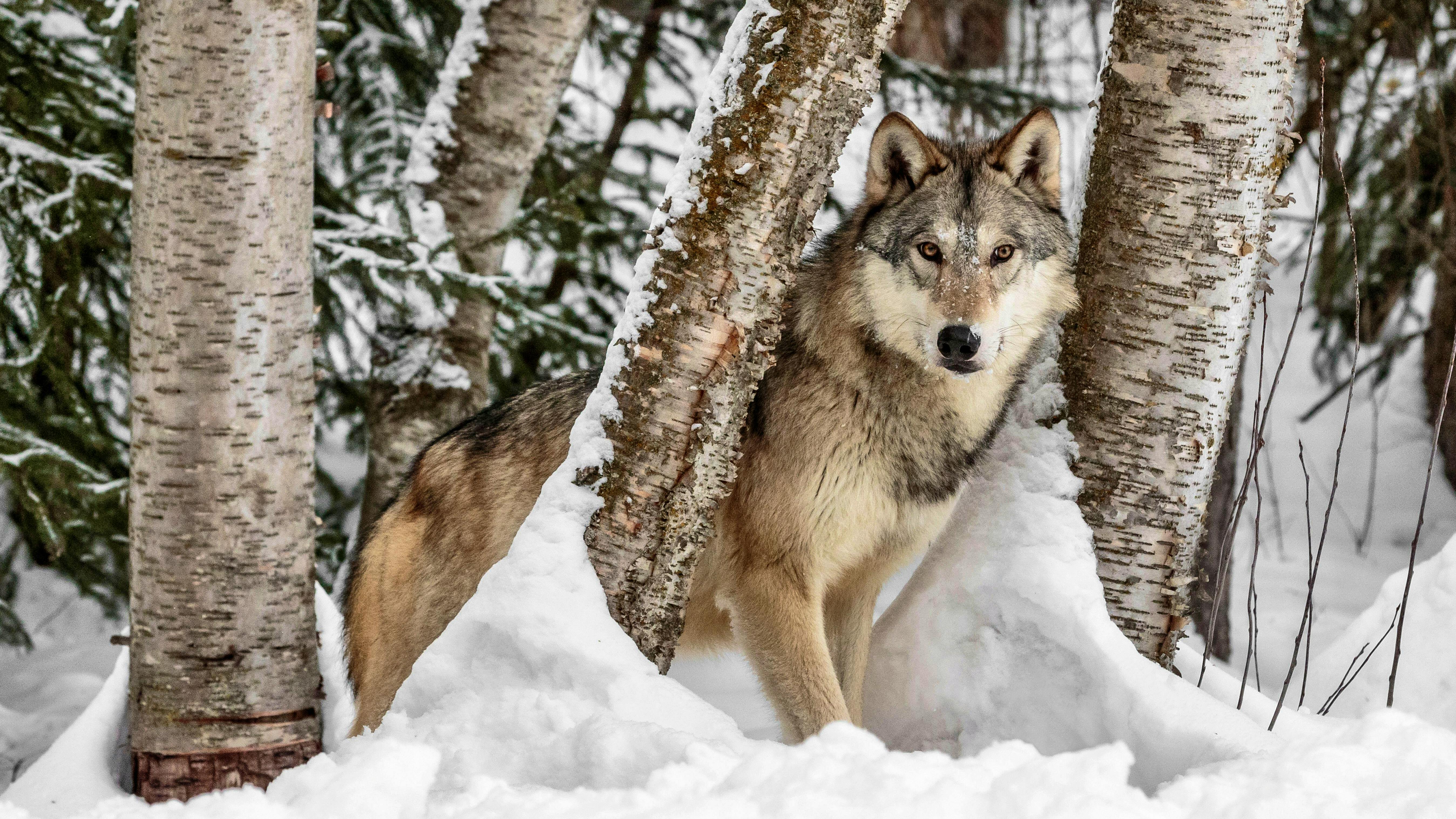Idaho’s wolf killing must stop
Idaho officials and the Department of Agriculture’s Wildlife Services completed an aerial gunning operation to kill wolves in Idaho’s Clearwater National Forest this week. We requested an immediate and indefinite stop to this senseless killing. We’re sending a petition to U.S. Department of Agriculture’s Secretary Vilsack, asking him to issue a Secretarial Order prohibiting Wildlife Services from controlling native predators to increase game populations. We’re also demanding that the Forest Service, responsible for protecting America’s national forests, exercise its jurisdiction to prevent wolf killing. Idaho has claimed that wolf killing in the Idaho’s national forests is necessary to boost elk harvest levels – which contradicts independent scientific peer reviewers’ observations that habitat changes, not predators, have been the major factor in this localized elk herd decline. Defender’s Suzanne Stone said it best “Killing wolves in the Lolo District of the Clearwater National Forest is a decision based almost entirely on Idaho’s extreme anti-wolf politics and not sound science.” You can help us demand a stop by signing this petition now.
Help us save the endangered pallid sturgeon!
This year is critical for endangered pallid sturgeon. In 2016 we will either work together to save the sturgeon, or watch it continue its decline towards extinction. This ancient fish species, which grows up to six feet in length and lives 50 years or more, has survived on the North American continent for 78 million years. It has endured through extinctions that wiped out so many other species, including dinosaurs, in addition to the last ice age. But these fish are no match for human development. An old, outdated dam on the Yellowstone River in Montana is preventing adult sturgeon from reaching their spawning grounds. It is estimated that only 125 or so wild-bred pallid sturgeon exist, and they are reaching the end of their lives. Through February 18th, you have the opportunity to tell the U.S. Army Corps of Engineers to tear down the dam at Intake, Montana and replace it with a fish-friendly alternative. These agencies need to hear that you support removing the dam and restoring a free-flowing lower Yellowstone River to allow full fish passage, which will benefit fish on this river for decades to come.
 Southern resident orcas still hope for salmon from the Columbia River
Southern resident orcas still hope for salmon from the Columbia River
This is the fourth year NOAA scientists have been following the endangered population of orcas surviving off the Washington and Oregon coast to find out where they go during the winter months. Each year, they have spent a significant amount of time at the mouth of the Columbia River. This river basin historically produced more salmon than any other river system in the world, but habitat loss and hydroelectric dams decimated this river’s salmon supply. Understanding that the southern residents rely so heavily on this winter feeding ground is one more step to recovering their population. Updates from NOAA’s satellite tagging project provide critical information about where these orcas go in the winter, and what they eat when they leave Puget Sound – all information that can help us reduce threats to this imperiled population and the salmon they depend on, as well as garner support for expanding their critical habitat to include winter feeding grounds. Check out these maps to learn more about the orcas’ migration route this winter!

Speaking up for manatees
In early January, the U.S. Fish and Wildlife Service proposed to downlist the manatee from endangered to threatened status. Now the agency is holding a public meeting on its proposal, and this is the public’s chance to tell them to keep manatee protections in place! No matter what, manatees need slow-speed boating zones and other protections to ensure their continued recovery in Florida.
The good and the bad for Oregon’s wolves
Two bills pertaining to wolf management in Oregon – one good and one bad – are moving through the state legislature. The first bill would increase penalties for poaching a wolf, while the second would legislatively delist wolves from the state endangered species act. Increasing penalties for wolf poaching is a meaningful deterrent against unlawful wolf killing, and is essential to wolves’ continued recovery in Oregon. But this second bill is completely unnecessary and very harmful for wolves and other imperiled species in Oregon. Commenting on the second bill, Defender’s Quinn Read said: “This bill is simply bad policy – not just for wolves, but for all of Oregon’s imperiled wildlife. This opens the door for the legislature to make politically driven decisions about the fate of imperiled animals across Oregon.” The bills will be up for a vote on the House today, but must make it through several more procedural requirements before they are sent to the Governor. You can be sure we’re on the ground educating officials about the impacts both bills would have on continued wolf recovery in Oregon.






Follow Defenders of Wildlife
facebook twitter instagram youtube tiktok threads